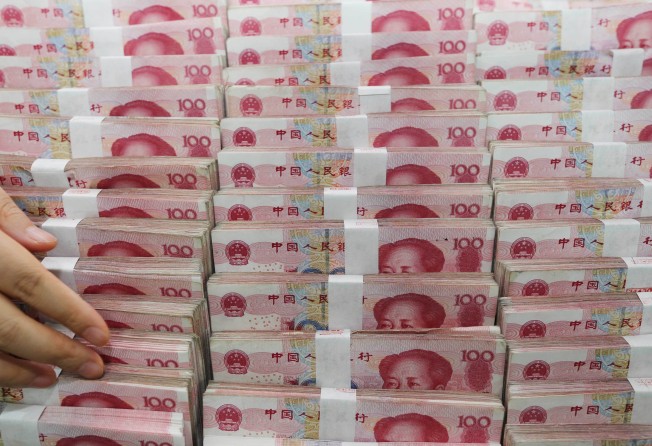Small Chinese lenders dream of global glory
Inner Mongolia-based Baoshang Bank is eyeing international business but, like its peers, is still figuring out how a small Chinese lender can move abroad

Baoshang Bank is an odd candidate to join the regiment of Chinese firms moving abroad.
Based in the rare earth-mining hub of Baotou in the Inner Mongolia autonomous region, the bank has 18 branches in a few major cities, catering mainly to resource firms and merchants based in northern China. It made 3 billion yuan in net profits last year and has about 320 billion in assets.
It has also for the past five years rented a high-priced booth at Sibos, a global conference put on by SWIFT and one of the payments industry’s top annual networking events.
The message to anyone who drops by the stand is that Baoshang has a “dream of being an international bank”, according to Allan Ren, a manager in its transaction banking department in Beijing, where most of its management is now based.
The second part of the message is that the small bank, like its peers, is still figuring out just how exactly to get abroad.
Baoshang was the only city commercial lender from China to set up at the conference – alongside just two other mainland banks, Bank of China and Industrial and Commercial Bank of China. The latter had assets around 60 times greater than Baoshang last year.
But Baoshang’s management is undeterred by its size. Instead the bank is emboldened by the central government’s long-standing “going-out” policy, where large, often state-owned firms have been encouraged to get a foothold in markets abroad.
City commercial banks have been increasingly swept up in that policy drive. An annual meeting of the mid-sized lenders last month marked out a list of goals including the internationalisation of city commercial banks to better serve the growing list of private Chinese firms that are grabbing global business.
At the end of last year, just five of China’s 137 city commercial banks had set up operations abroad, according to a statement from the meeting. Another four have listed in Hong Kong.
Baoshang Bank is considering setting up a representative office in Ulan Bator, the capital of Mongolia, as the number of its clients in that country and in Russia increase. The bank’s main line of business for those customers is trade finance and cross-border yuan settlements.
Before it takes its first true step abroad, however, the bank needs to greatly beef up its understanding of regional and global banking regulation – of which it has little at present.
“This is the main challenge for us right now,” Ren said. “We know how to play the game in China but we still need to learn how to do it abroad ... we are hiring lawyers.”
Baoshang is not alone. Even China’s biggest banks are still in a relatively early stage of global deployment, specialising in trade and infrastructure finance for state firms or yuan clearing.
This year has seen a clear signal from regulators in the United States that Chinese banks will have to live up to greater compliance standards. In July, regulators in New York said China Construction Bank had failed to flag suspicious transactions, a rare warning to a Chinese bank, but stopped short of levying a fine.
City commercial banks were adept at working with local commercial laws on the mainland, which can vary considerably between regions, said Spark Wang, business analysis manager at Wolters Kluwer Financial Services in Shanghai. But with a shortage of international talent facing even China’s biggest banks, the little guys have considerable challenges ahead of them on their trip outward.
“It is more difficult for the municipal banks, who are relatively fresh joiners to the global banking market,” Wang said. “But they can also draw lessons at the very beginning from the cases of those forerunner bigger bankers.”